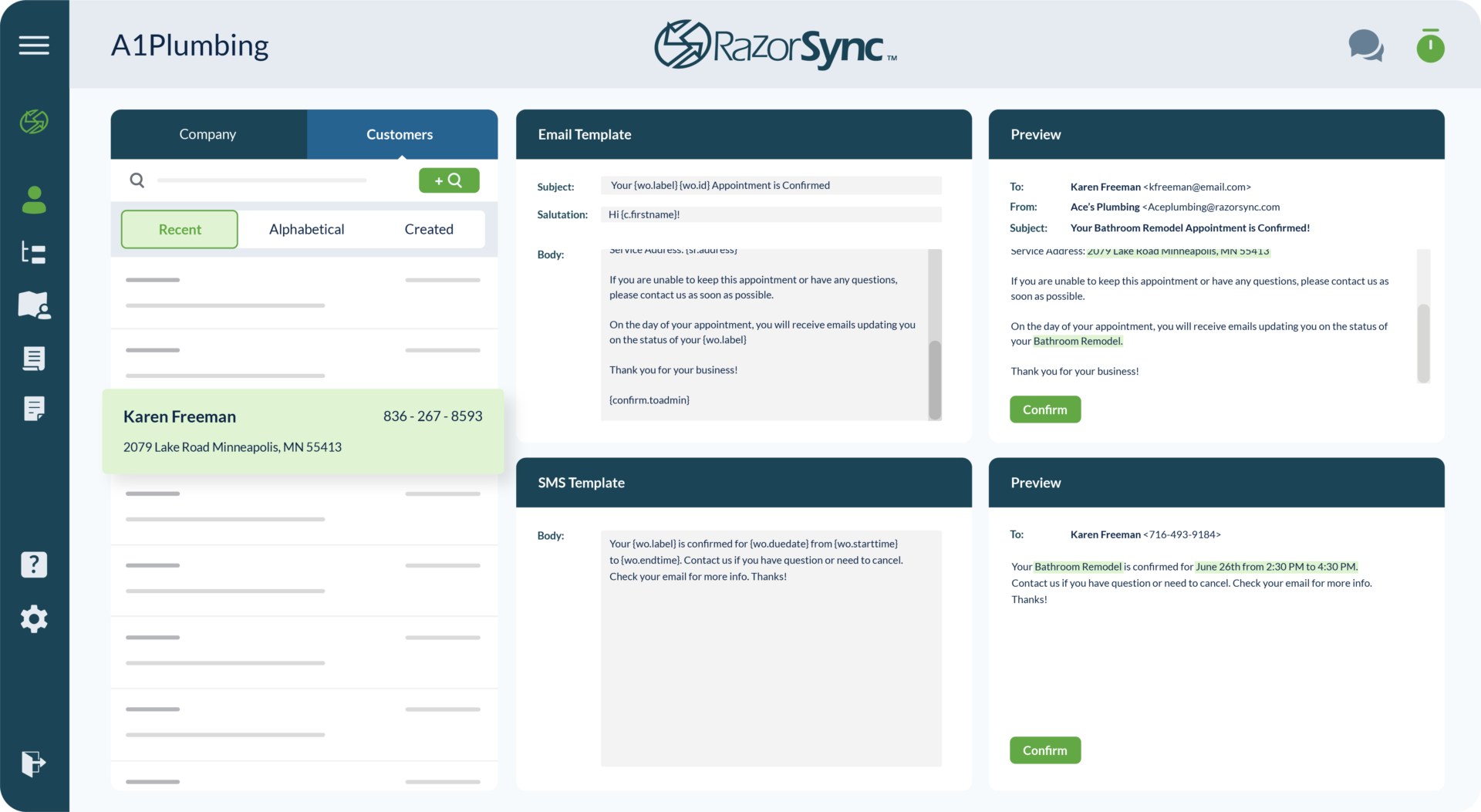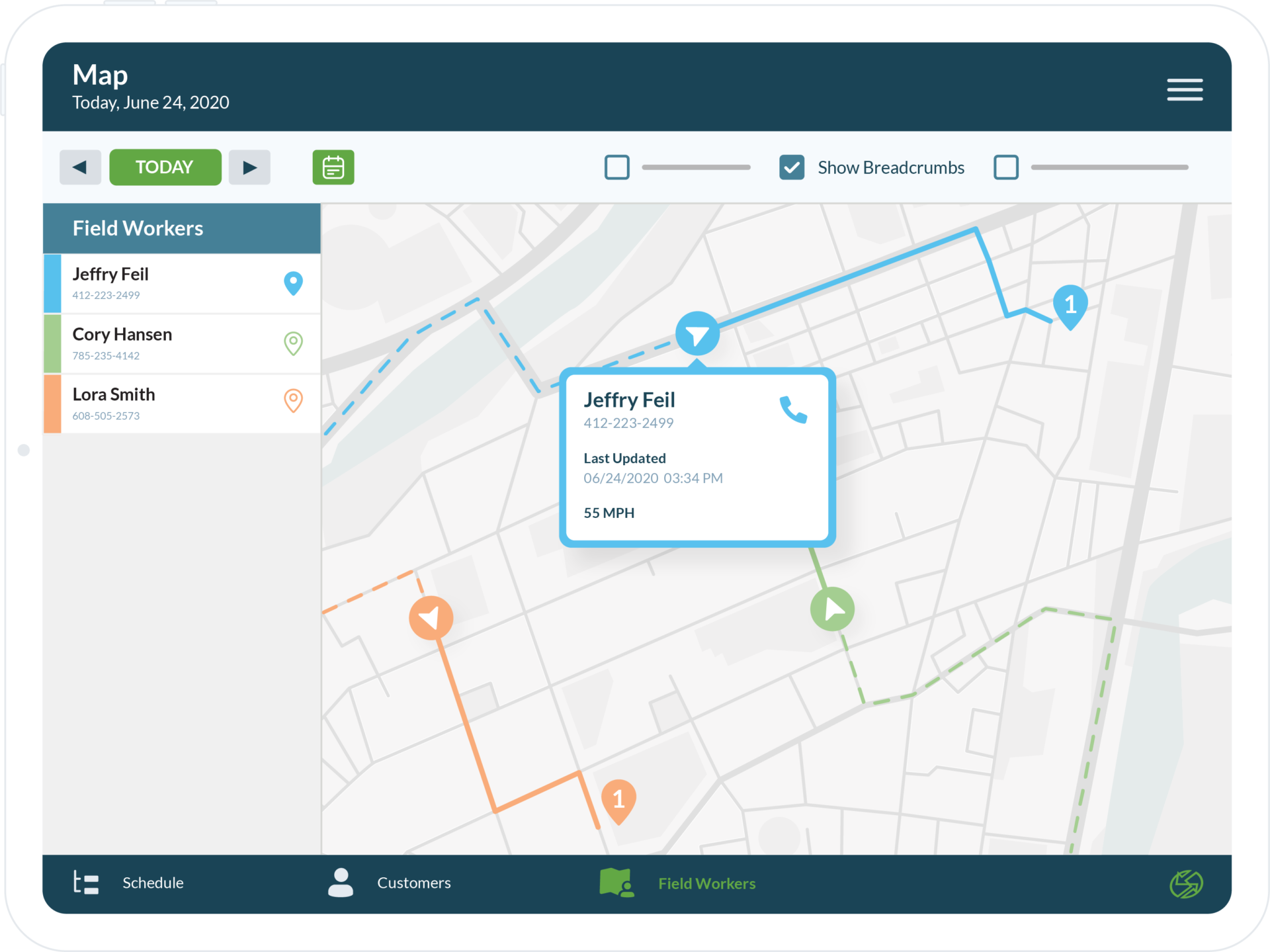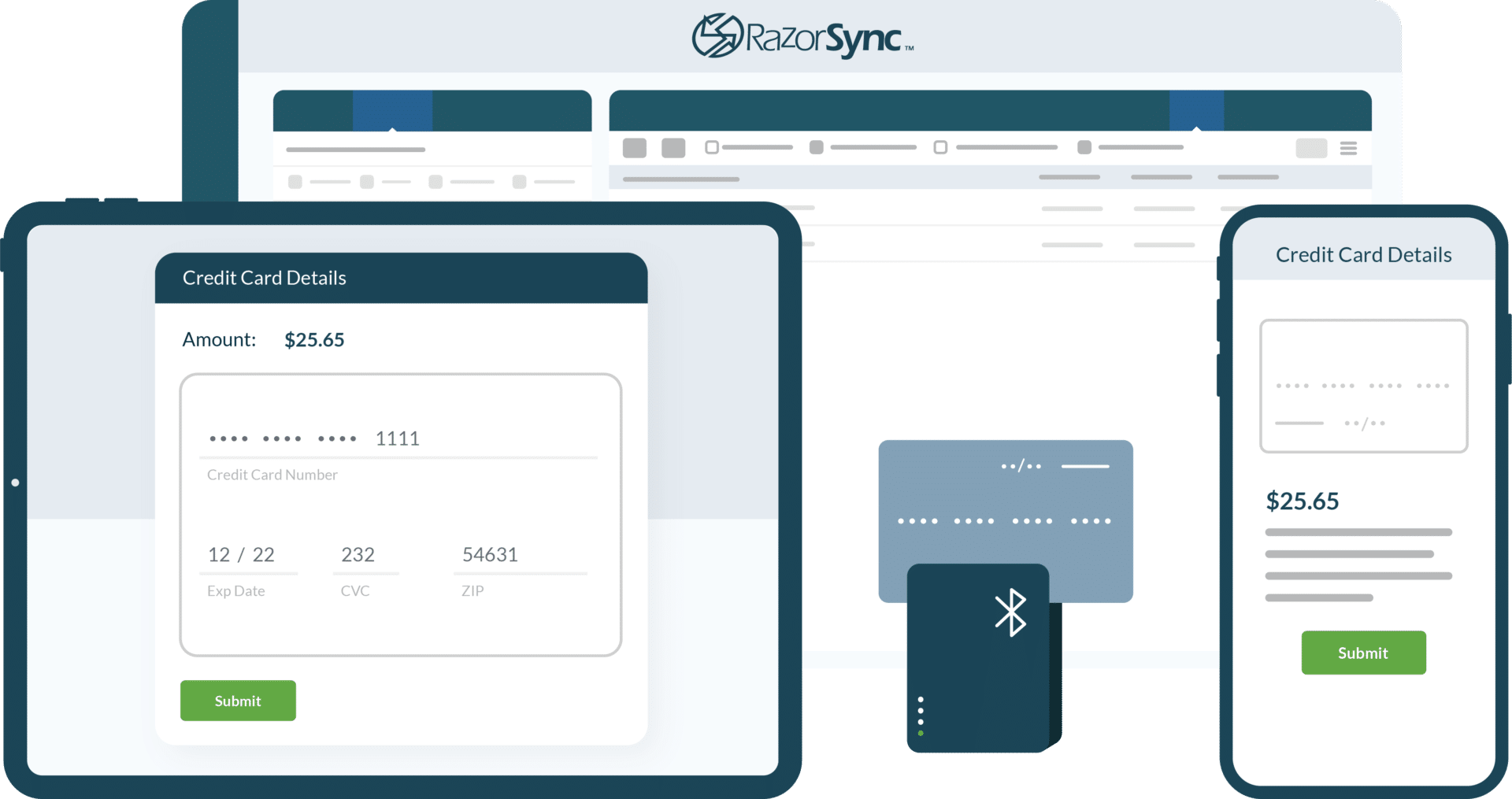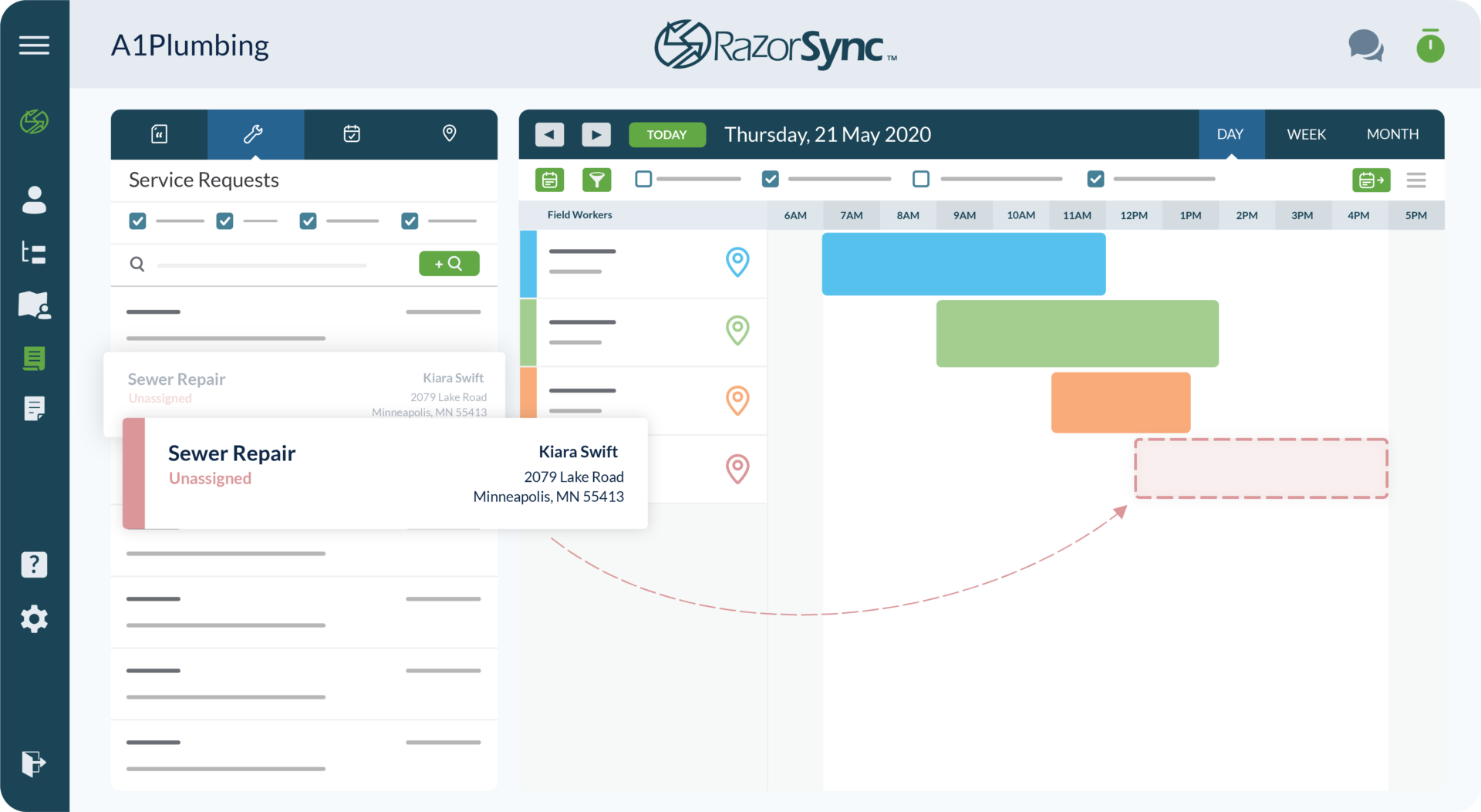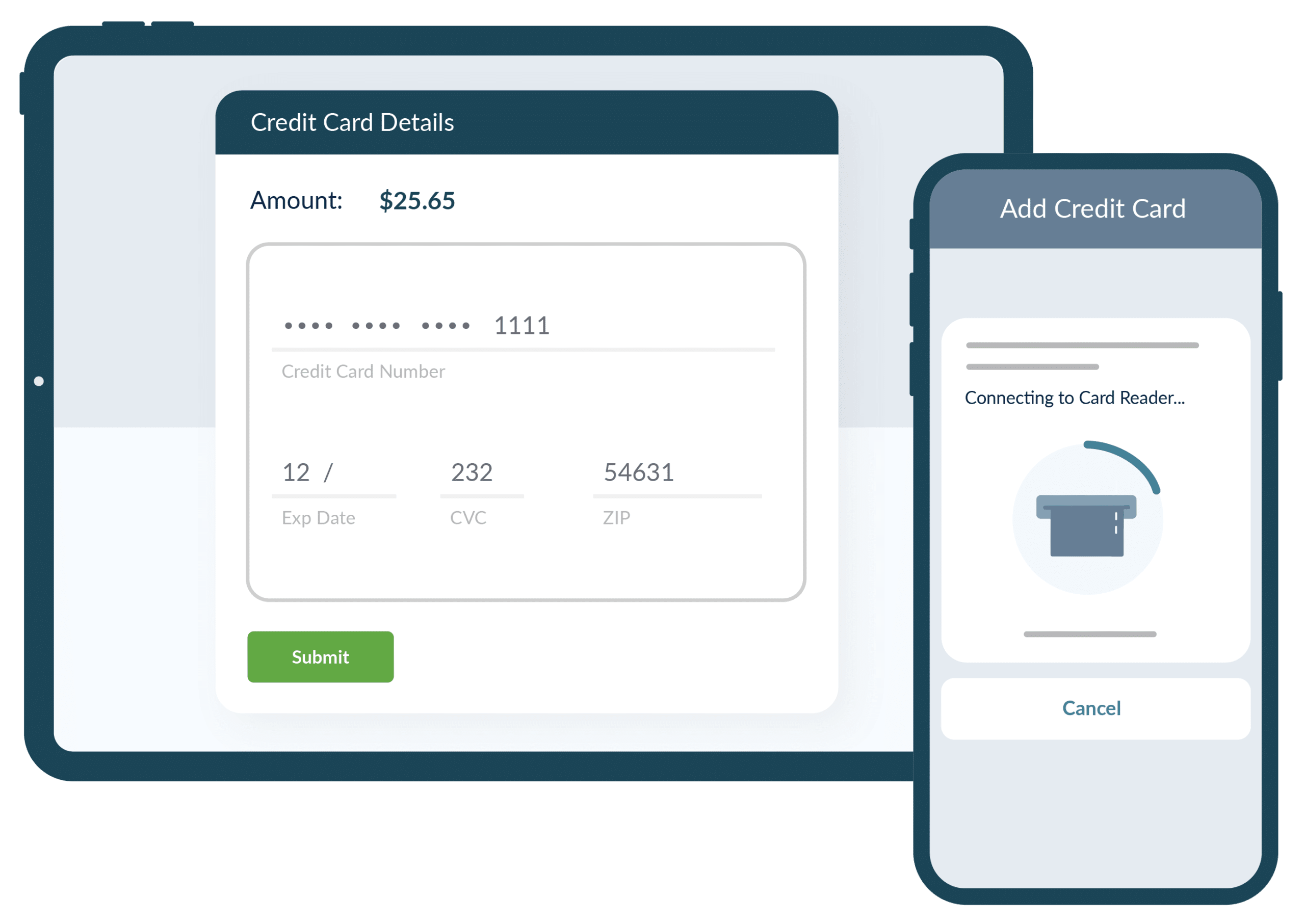The Hidden Costs of Not Using CRM Software for Small Businesses
Explore 8 hidden ways skipping CRM software for small businesses can hurt your growth—from missed sales to weak customer retention.
Jul 01, 2025
# of Minutes to Read

Running a small business today requires a strong focus on efficiency, organization, and customer satisfaction to achieve sustainable success. Many business owners focus on visible costs such as materials, labor, or marketing while overlooking the hidden expenses that quietly drain time and resources.
Many of these hidden costs can be traced to one common issue: a lack of CRM software for small businesses.
While some may view CRM systems as a luxury or optional tool, avoiding this investment comes with serious consequences. These hidden costs may not be immediately visible, but they quickly accumulate, affecting revenue, customer relationships, and long-term scalability.
In this blog, we’ll walk through eight significant hidden costs of not using CRM software for small businesses and explain why implementing a CRM solution like RazorSync can offer substantial returns.
1. Lost Sales Opportunities
Without CRM software for small businesses, managing leads becomes disorganized. Opportunities get buried in inboxes or scattered across handwritten notes. There is no central system for tracking follow-ups or understanding the status of a sales prospect.
Common causes of lost sales without CRM software include:
- Missed follow-ups due to lack of reminders
- Disorganized or outdated contact records
- No visibility into deal stages or customer touchpoints
- Inability to identify high-value prospects
According to industry research, nearly 80% of leads never convert into sales due to poor lead nurturing. CRM systems resolve this by providing automated reminders, structured pipelines, and consolidated communication history, making it easier to close deals and drive revenue.
2. Time Wasted on Manual Tasks
Manual processes are time-consuming and prone to error. Many small business teams spend hours updating spreadsheets, searching through emails, or retyping quotes.
Hidden time costs often include manually logging customer information, searching for past emails or call notes, entering duplicate data into multiple systems, and rewriting similar emails or documents.
CRM software for small businesses streamlines these processes by automating tasks such as follow-ups, appointment reminders, and invoicing. With easy access to centralized information, your team spends less time on busywork and more on strategic efforts that grow the business.
3. Poor Customer Experience and Retention
Today’s customers expect personalized, responsive service. Your team struggles to deliver consistent and meaningful experiences without access to complete customer history and preferences.
What poor customer service can cost your business:
- Lost customers and missed referrals
- Lower satisfaction scores and repeat business
- More time spent handling complaints
CRM software for small businesses helps businesses:
- Track individual customer history and preferences
- Tailor communications to match customer needs
- Improve scheduling and response accuracy
- Monitor service quality and follow-up consistency
It is widely accepted that acquiring a new customer costs significantly more than retaining an existing one. A CRM helps you nurture those relationships with attention and care.
4. Fragmented Communication and Data Silos
In many small businesses, information is spread across different systems or people. Emails, texts, and handwritten notes hold critical data no one can access.
Consequences of fragmented communication include:
- Teams duplicating efforts or miscommunicating
- Important customer details are being lost
- No unified view of customer activity or service history
CRM software for small businesses solves these challenges by creating a shared platform for all customer interactions. Everyone from the front desk to field technicians can see the updated information, improving collaboration and customer satisfaction.
5. Higher Operational Costs
Manual and outdated systems may seem economical, but they create hidden operational expenses that grow over time.
These hidden costs often include time wasted due to duplicated work, mistakes in quotes, billing, or scheduling, delays caused by a lack of real-time updates, and additional labor needed to manage inefficiencies.
CRM software for small businesses improves accuracy, reduces labor intensity, and allows for faster task execution. Over time, these savings can be reinvested in marketing, hiring, or new services.
6. Difficulty Scaling the Business
Managing information and workflows without a CRM becomes increasingly complex as customer bases grow. Businesses that rely on spreadsheets and fragmented systems struggle to keep up.
Growth challenges without a CRM system:
- Inconsistent service quality
- Difficulty onboarding new staff
- Limited performance tracking and forecasting
CRM software for small businesses provides a scalable infrastructure. It helps you assign roles, track performance, and support more customers without sacrificing quality or speed.
7. Compliance and Data Privacy Risks
Small businesses are just as responsible for protecting customer data as larger organizations. Without a CRM system, tracking consent, access, and data deletion requests is far more complex.
Risks of not having secure data practices:
- Storing customer information in unsecured locations
- No clear audit trail
- Inability to respond to data requests or demonstrate compliance
CRM platforms offer secure, cloud-based storage and permission-based access that supports privacy laws and best practices. This protects both your business and your customers.
8. Limited Business Insights
Without the right tools, it is difficult to understand performance, identify trends, or make strategic decisions. Many small business owners lack visibility into their teams’ or services’ performance.
Common indicators of operating without proper insight include not knowing which services are most profitable, having difficulty tracking technician performance or response times, and lacking visibility into customer behavior or satisfaction.
CRM software for small businesses includes dashboards and reporting tools that help you measure what matters. This allows for data-driven decision making and continuous improvement.
Final Thoughts: The True Cost of Inaction
The hidden costs of not using CRM software for small businesses are extensive. From lost opportunities and wasted time to poor service and compliance risks, the cumulative effect can hold your business back from reaching its full potential.
By choosing a solution like RazorSync, you can access a centralized, scalable, and user-friendly platform that helps manage operations, improve service delivery, and increase profitability.
What RazorSync Offers:
- Enhance customer experiences
- Increase revenue with smarter operations
- Simplify scheduling and dispatching
- Accept payments with built-in merchant services
It’s time to stop managing your business with patchwork tools and start building with a foundation designed for long-term success.
Ready to See RazorSync in Action?
Explore how our platform can help your small business improve efficiency, strengthen customer relationships, and reduce operational costs.
Schedule your demo today and take the first step toward more innovative service management.
